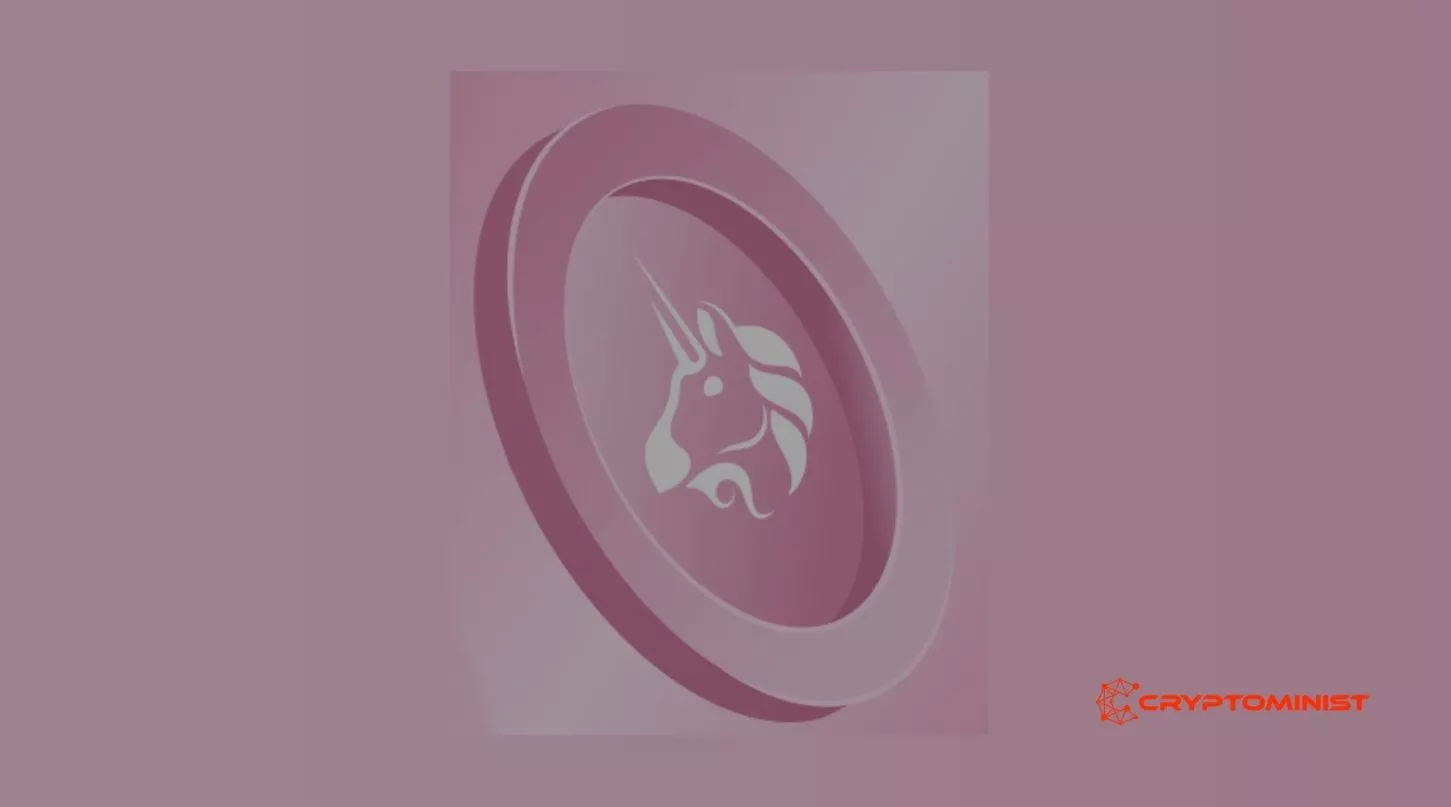Uniswap, one of the pioneers of decentralized finance (DeFi), introduced its native governance token, UNI, in September 2020. UNI has played a pivotal role in the governance and operation of the Uniswap decentralized exchange (DEX), empowering users and the broader DeFi community to shape the platform’s future. In this article, we will delve into the world of the Uniswap token, its purpose, utility, and its significance in the rapidly evolving DeFi space.
What is Uniswap Token?

Before diving into UNI, let’s grasp the fundamentals of Uniswap. Uniswap is a decentralized exchange built on the Ethereum blockchain. Unlike traditional centralized exchanges, Uniswap operates as a smart contract, allowing users to swap various Ethereum-based tokens without the need for an intermediary. Uniswap uses an automated market maker (AMM) model, where liquidity is provided by users, and prices are determined algorithmically based on supply and demand. This innovative model has contributed significantly to the growth of DeFi, providing a permissionless and accessible way to trade cryptocurrencies.
Introducing UNI: The Governance Token
UNI is the native governance token of the Uniswap protocol. Its introduction marked a critical milestone in the DeFi space by enabling the platform’s users and liquidity providers to actively participate in its governance and decision-making processes. UNI token holders have voting power to influence proposals related to the protocol’s development, changes to its parameters, and various other aspects of its operation.
Key Aspects of UNI
- Governance: UNI token holders are entitled to participate in governance proposals. These proposals can include changes to fee structures, new features, or upgrades to the Uniswap protocol. Decentralized decision-making ensures that the Uniswap community plays a significant role in its evolution.
- Incentives: UNI is often used to incentivize liquidity providers. Uniswap liquidity providers receive UNI tokens as rewards for supplying assets to the exchange, enhancing the liquidity of various trading pairs. These incentives are critical to attracting liquidity and ensuring efficient trading.
- Ownership: UNI tokens represent ownership in the Uniswap platform. Token holders can actively shape the platform’s direction, providing a decentralized and community-driven approach to governance.
- Utility: Beyond governance, UNI tokens have utility within the Uniswap ecosystem. They can be used for various purposes, such as paying transaction fees, participating in liquidity mining programs, and interacting with DeFi applications in the broader Ethereum ecosystem.
UNI Liquidity Mining
To bootstrap liquidity and incentivize users to provide funds to Uniswap, the platform launched liquidity mining programs. These programs reward liquidity providers with UNI tokens for depositing assets into specified pools. Liquidity mining has been a significant driver of liquidity on Uniswap, making it more attractive for traders and further fueling the growth of the DeFi ecosystem.
Significance of UNI in the DeFi Ecosystem
UNI plays a pivotal role in the DeFi space, fostering community engagement, and setting a precedent for decentralized governance. Its significance can be summarized as follows:
- Decentralized Governance: UNI embodies the core principles of DeFi by enabling decentralized governance. This means that the platform’s users and stakeholders actively participate in shaping the protocol, which is in stark contrast to centralized exchanges where decision-making power lies with a select few.
- Incentivizing Liquidity: UNI’s liquidity mining programs have been instrumental in attracting liquidity providers to Uniswap. This, in turn, has contributed to the platform’s growth and popularity within the DeFi ecosystem.
- Utility Across DeFi: UNI is not confined to Uniswap alone. It is accepted and used in various DeFi applications and platforms, expanding its utility and making it an integral part of the DeFi space.
- Community-Driven Growth: UNI’s distribution to the community through a retroactive airdrop demonstrated a commitment to a fair and equitable distribution. This community-driven approach has helped shape Uniswap’s success and positioned it as a leader in the DeFi sector.
Risks and Challenges
While UNI has played a crucial role in Uniswap’s success and the DeFi space in general, it is important to consider some of the associated risks and challenges:
- Regulatory Scrutiny: The regulatory environment surrounding DeFi and its governance tokens, like UNI, remains uncertain. Evolving regulations could impact the token’s utility and distribution.
- Governance Participation: Not all UNI token holders actively participate in governance. This raises questions about the concentration of decision-making power within a subset of users.
- Market Volatility: The value of UNI, like other cryptocurrencies, is subject to market volatility. Token holders should be prepared for price fluctuations.
- Security Concerns: As a governance token, UNI has been subject to security threats, such as voting attacks and manipulation. Ensuring the security of governance decisions remains a challenge.
Conclusion
UNI, the governance token of Uniswap, has emerged as a symbol of decentralized governance and community-driven growth in the DeFi ecosystem. By giving users a say in the platform’s future and incentivizing liquidity, UNI has contributed significantly to Uniswap’s success and the broader DeFi movement. However, it also faces challenges related to regulation, governance participation, market volatility, and security. As the DeFi space continues to evolve, UNI remains a key player in shaping its future.
If you like reading the above article, you may also like reading: